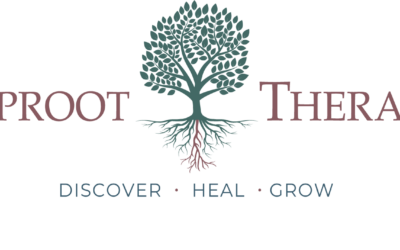How do I Heal My Brain?

Neurogenesis, the process by which new neurons are formed in the brain, has been a topic of great interest in the field of brain-based medicine. Recent research has shown that promoting neurogenesis can have significant benefits for brain health and function. This article explores how brain-based medicine approaches harness neurogenesis to support cognitive function, mental well-being, and overall brain health.
The Importance of Neurogenesis
- Cognitive Function: Neurogenesis plays a crucial role in learning, memory, and cognitive flexibility. The formation of new neurons in the hippocampus, a brain region associated with memory and learning, is particularly important for maintaining cognitive function throughout life.
- Mental Health: Neurogenesis has been linked to mental health conditions such as depression and anxiety. Promoting the growth of new brain cells may help alleviate symptoms and support emotional well-being.
- Brain Repair: In cases of brain injury or neurodegenerative diseases, neurogenesis may contribute to the brain’s ability to repair and regenerate damaged tissue.
Brain-Based Medicine Approaches to Promote Neurogenesis
- Exercise: Regular physical activity, particularly aerobic exercise, has been shown to stimulate neurogenesis in the hippocampus. Brain-based medicine practitioners often recommend exercise as a key component of a brain-healthy lifestyle.
- Nutritional Interventions: Certain nutrients, such as omega-3 fatty acids, flavonoids, and resveratrol, have been found to support neurogenesis. Brain-based medicine approaches may include dietary recommendations and targeted nutritional supplements to promote the growth of new brain cells.
- Stress Reduction: Chronic stress has been shown to inhibit neurogenesis, while stress-reducing practices like meditation and mindfulness have been found to promote the growth of new neurons. Brain-based medicine practitioners often incorporate stress management techniques into treatment plans to support neurogenesis and overall brain health.
- Mental Stimulation: Engaging in mentally stimulating activities, such as learning new skills, solving puzzles, or exploring novel environments, can promote neurogenesis. Brain-based medicine approaches may include cognitive training and enrichment activities to support the growth of new brain cells.
- Pharmacological Interventions: Some medications, such as antidepressants and certain natural compounds, have been found to stimulate neurogenesis. Brain-based medicine practitioners may consider these options in cases where other approaches have been insufficient, always weighing the potential benefits and risks.
While the field of brain-based medicine continues to evolve, harnessing neurogenesis remains a promising approach for supporting brain health and function. By incorporating lifestyle factors, nutritional interventions, stress reduction techniques, mental stimulation, and targeted pharmacological options, brain-based medicine practitioners aim to promote the growth of new brain cells and optimize brain function.
As with any medical approach, it’s essential to consult with a qualified healthcare provider to determine the most appropriate interventions for your individual needs and circumstances. By working with a brain-based medicine practitioner, you can develop a personalized plan to support neurogenesis and overall brain health.
Types of Therapy





0 Comments